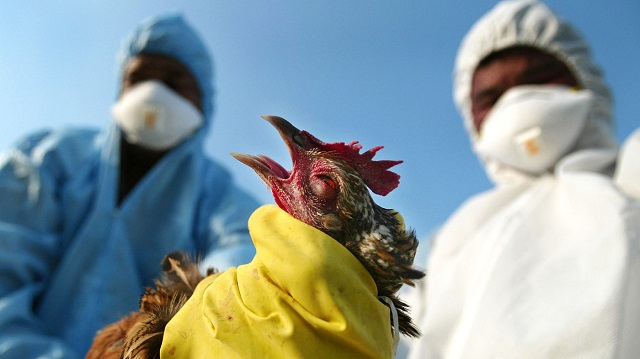By Lawrence Paganga
Namibia’s veterinary services has identified a deadly form of bird flu that can be transmitted to humans has been detected for the first time in Namibia’s history.
The highly-pathogenic H5N1 avian influenza, (HPAI), was found in wild birds in the towns of Walvis Bay and Swakopmund on the southwest African nation’s coastline.
The harvesting of guano, or bird excrement used for fertilizers, has been suspended from those areas as a result, the directorate said in an emailed statement Thursday. It also banned the movement of live and domestic birds.
Bird flu often spreads through migrating birds and highly pathogenic varieties can be deadly to poultry.
The outbreak in Namibia comes as Europe has been facing a grim season, with cases detected in more than two dozen countries since October.
The two ministries are jointly conducting disease outbreak investigations and instituted has asked poultry farmers and the general public to immediately report any suspicion of sick or dead domestic or wild birds along the entire Namibian Coastal Line to the nearest state veterinary office or other relevant government officials.
“Movement of live domestic and wild birds from coastal areas of Erongo region is prohibited in exception of the imports and in-transit consignments originating from other countries,” the statement added.
Furthermore, farmers and the general public have been urged to cooperate, support, and comply with the control measures put in place to prevent the further spread of the avian influenza infection.








